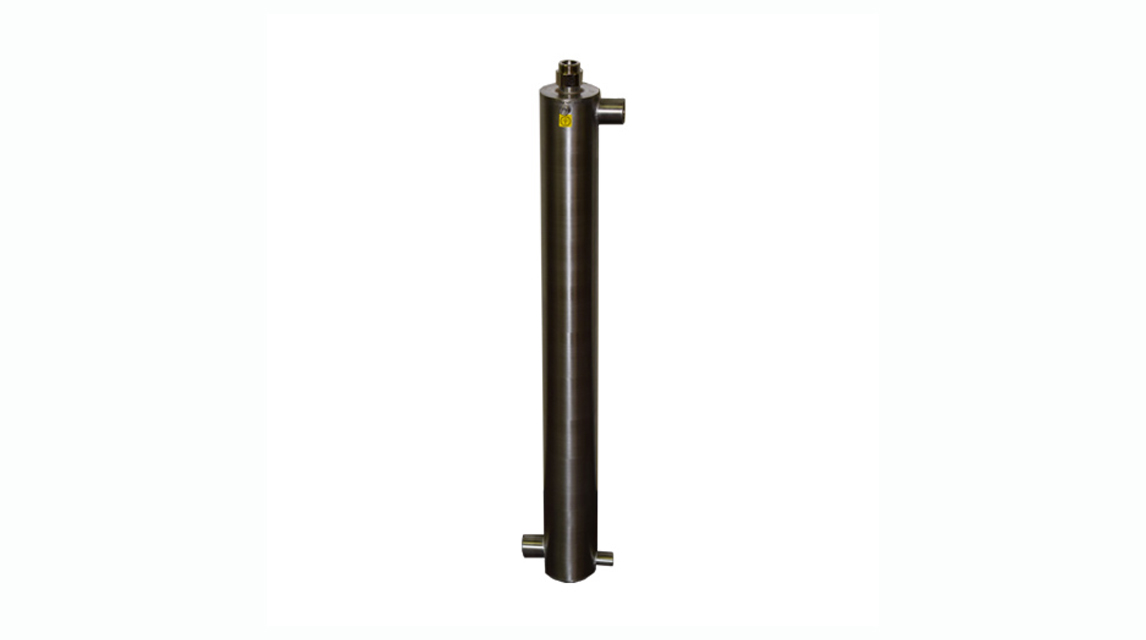Impianti trattamentoACQUE REFLUE
Home
/
uv-and-ozone-disinfection


Ozone systems are applied as advanced oxidation systems to purify water contaminated by organic molecules. Ozone is a dissolved gas that, injected in water, increases the biodegradability of organic molecules, breaking them down into smaller molecules that can be decomposed more easily. Ozone allows the reduction of organic and inorganic contaminants, decolouration, elimination of unpleasant smells and disinfection from micro-organisms.
Ozone systems are used to treat primary waters or water pre-treated in chemical-physical and biological systems or vacuum evaporators.
Another application is the treatment of waste water containing cyanides for their chemical degradation.
UV lamps are water disinfection systems normally used to sterilise drinking water or in closed circuits to prevent bacterial proliferation. The photochemical effect deriving from exposure to UV-C light causes the ties of the DNA chain to break, preventing micro-organisms to reproduce and taking them to end their lifecycle creating no following generations.
Ozone systems require a carrier gas vital for ozone production. This carrier gas can be pure oxygen or air. A typical system consists of: a generator, an electrical control panel, a water or air cooling system, a contact circuit where the gas is mixed (by diffusion or injection) with the water to be treated and a reduction system of the residual ozone. Contact time and the required quantity of ozone vary according to the application and the pollutants to reduce. Running costs of an ozone system vary according to the carrier gas available, if oxygen is used, the cost is €2.7/Kg of O3, while with air it is €3.5/Kg of O3.
OZONE ADVANTAGES:
• High oxidizing power, no chemical residue.
• COD reduction
• Decolouration
• Elimination of Surfactants
• Elimination of Phenols
• Oxidation of Iron and Manganese
• Disinfection
• TOC elimination
• Elimination of endocrinal substances
They consist of a stainless steel tubular chamber containing one or more UV lamps in very pure quartz. Water is flushed inside the tubular chamber and is irradiated by the ultraviolet light. Light emission varies from a 185 nm to a 254 nm wave. On request, systems measuring the lamp running hours and sensors checking radiation are available. Micro- and ultra-filtration systems are usually installed downstream from a UV system for the removal of dead micro-organisms.
UV LAMP ADVANTAGES:
• Disinfection
• No chemical usedù
• Low energy consumption
• Easy installation